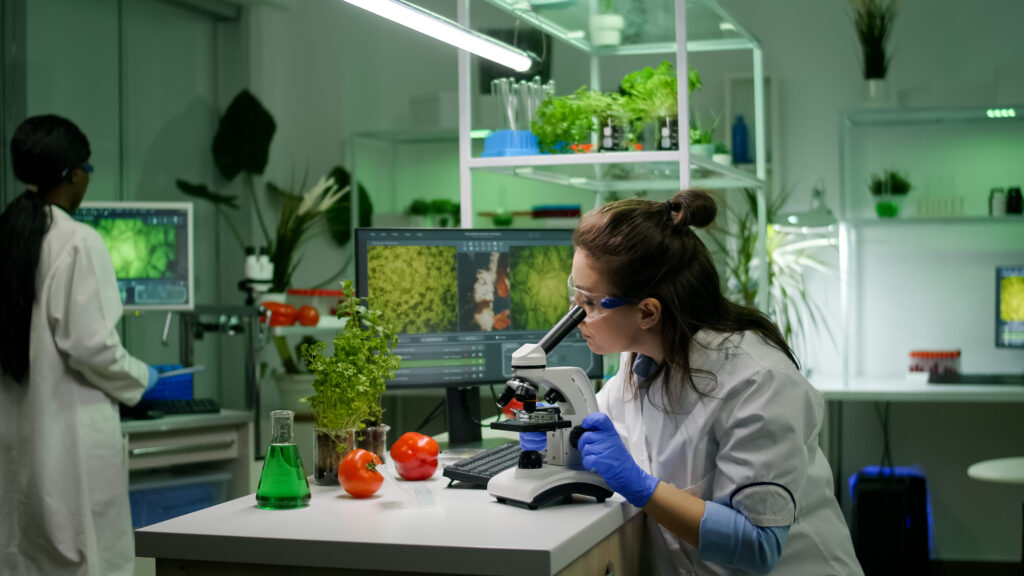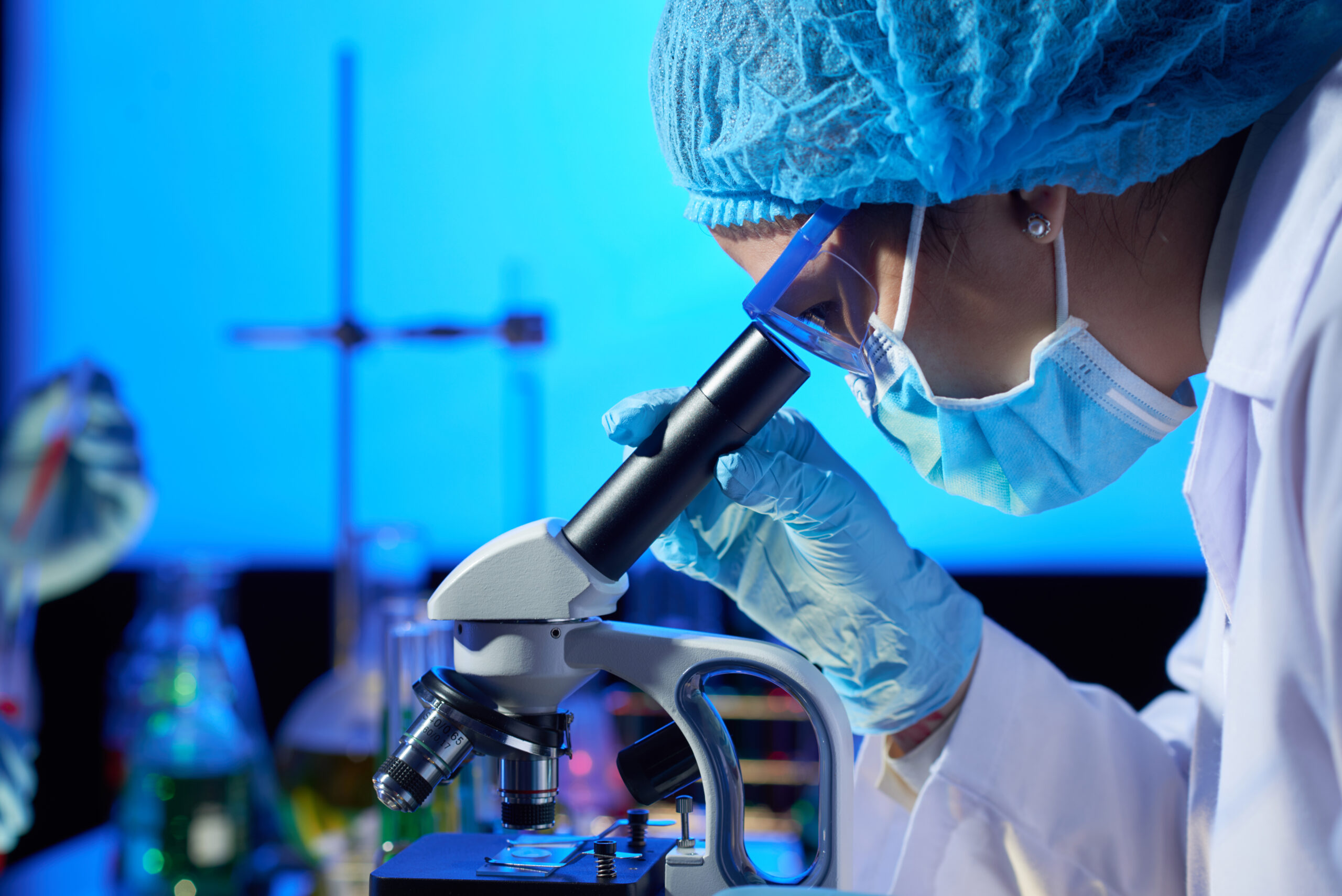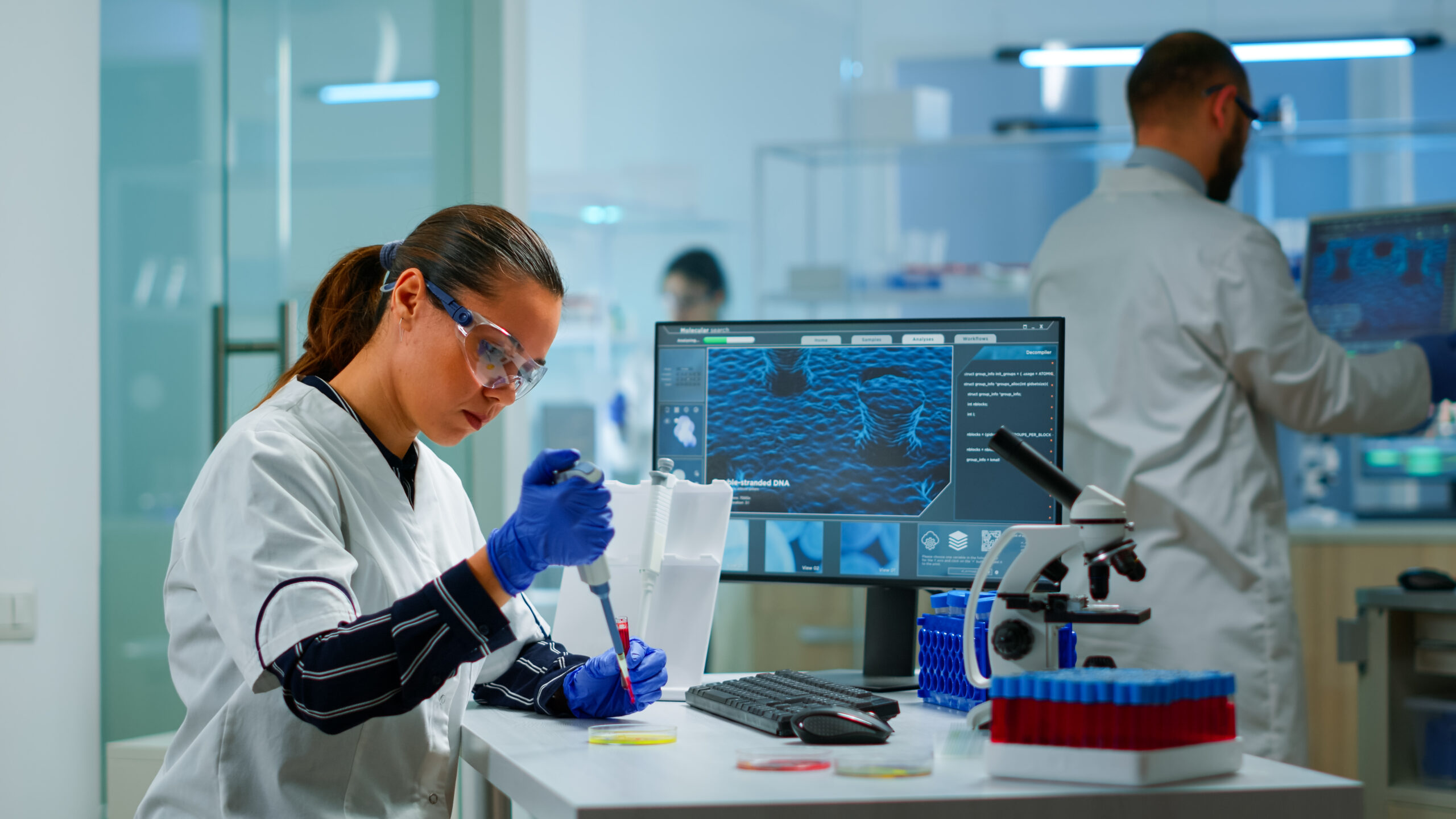Introduction: The New Era of Biotechnology
Biotechnology is one of the most transformative fields in modern science, combining biology and technology to create innovations that improve lives, industries, and the environment. From genetic engineering to AI-driven drug discovery, biotechnology is redefining what’s possible in healthcare, agriculture, and even computing. In a world where innovation defines success, biotechnology stands as a bridge between nature and machines.
How Biotechnology is Revolutionizing Healthcare
The healthcare industry has seen groundbreaking advancements because of biotechnology. Modern treatments like gene therapy, personalized medicine, and CRISPR genome editing have given scientists the ability to treat previously incurable diseases.
Biotechnology allows researchers to analyze human DNA with precision, helping doctors predict diseases before symptoms even appear. This proactive approach to healthcare is not just saving lives—it’s redefining how medicine works.
Even the recent development of vaccines, including those for COVID-19, showcases the power of biotechnology. Rapid vaccine design, production, and distribution were made possible only because of biotech innovations.
Biotechnology and Sustainable Agriculture
Beyond healthcare, biotechnology plays a vital role in agriculture. With the world’s population growing fast, food security has become a major global issue. Through biotechnology, scientists are developing genetically modified crops that resist pests, tolerate drought, and deliver higher yields.
Farmers are now using biotechnology to reduce dependence on chemical pesticides, promote sustainability, and increase soil productivity. This not only ensures more food production but also protects the environment from excessive chemical ue.

Industrial and Environmental Applications of Biotechnology
The potential of biotechnology goes far beyond the lab. In the industrial sector, biotech is being used to create biofuels, biodegradable plastics, and eco-friendly manufacturing processes. Companies are now turning to biotechnology to replace fossil-fuel-based materials with renewable, bio-based alternatives.
In environmental management, biotechnology helps clean up oil spills and industrial waste through a process called bioremediation. Microorganisms designed through biotechnology can break down pollutants and restore ecosystems. This fusion of science and sustainability shows how biotechnology is shaping a greener planet.
Biotechnology and Artificial Intelligence: A Smart Partnership
The collaboration between biotechnology and artificial intelligence (AI) is opening new doors. AI algorithms can process enormous biological datasets, accelerating discoveries in genomics, protein folding, and drug development.
This partnership allows biotechnology to evolve faster—turning complex data into real-world applications that benefit humanity. AI-driven biotechnology is helping researchers predict how new medicines will work, saving years of trial and error in laboratories.

Future of Biotechnology: What Lies Ahead
The future of biotechnology looks even more promising. Experts believe that the next decade will bring bio-computers, lab-grown organs, and enhanced human longevity. As technology continues to merge with biology, we could soon see a world where medical treatments are customized for every individual’s DNA.
However, the rapid growth of biotechnology also raises ethical questions about genetic editing, cloning, and data privacy. The challenge lies in finding the right balance between innovation and responsibility.
Conclusion: Why Biotechnology Matters Today
Biotechnology isn’t just a scientific field—it’s the foundation of our future. From improving healthcare and food security to creating sustainable industries, biotechnology is the driving force behind global progress. As technology continues to evolve, biotechnology will remain at the heart of every major breakthrough that defines the modern world.
By understanding and embracing biotechnology today, we prepare ourselves for a smarter, healthier, and more sustainable tomorrow.
What are the main fields of biotechnology?

The main fields of biotechnology include medical biotechnology, agricultural biotechnology, industrial biotechnology, and environmental biotechnology—each focused on solving unique global challenges through innovation.


No comment yet, add your voice below!